Electric bikes are becoming more and more popular, and with that, it's important to know the rules. A pressing question many people have is, "Do you need a license for an electric bike?" This guide is here to help clear things up. We'll look into what the law says about electric bikes in America, including if you need a license, what other rules you might need to follow, and how to stay safe while riding. Read on and learn to ride smart and stay on the right side of the law.
Do Electric Bicycles Require a License?
The answer to the question “Do you need a license to drive an electric bike?” varies in different states, depending on the state regulations. Here are some U.S e-bike regulation examples:
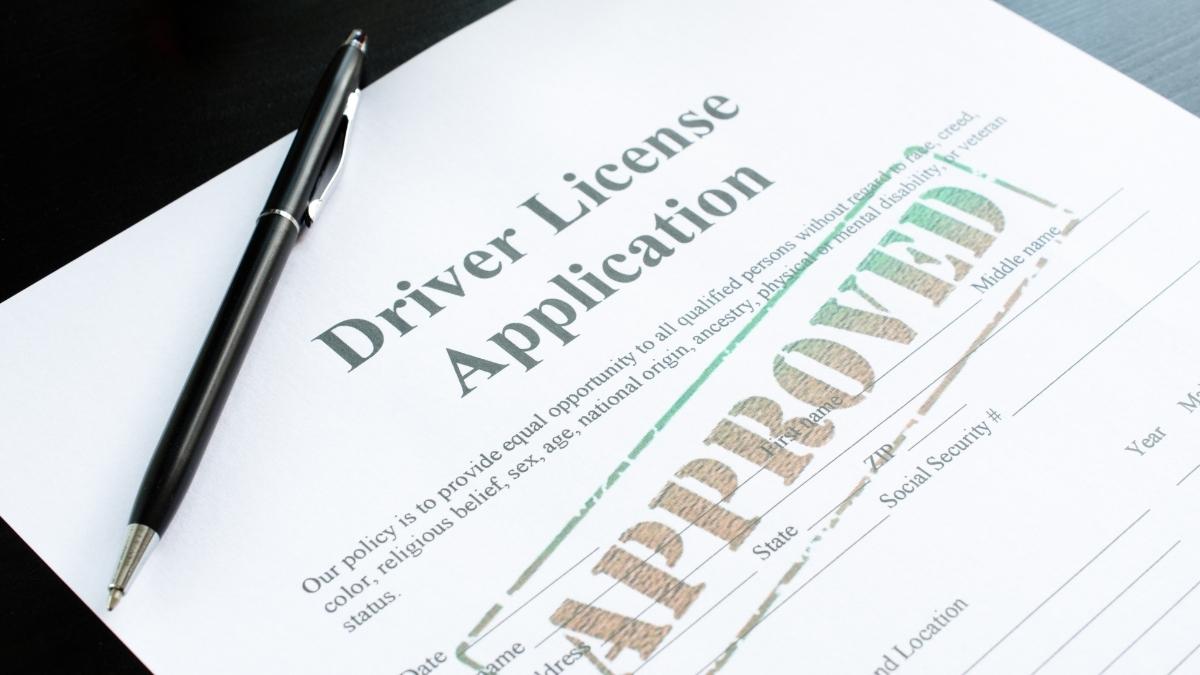
Idaho separates e-bikes from mopeds and motorcycles. This place excludes e-bike operators from licensure, registration, and titling obligations.
New Jersey's two-tiered system exempts "low-speed e-bikes" from these requirements, provided they have a maximum operating speed of 20 MPH.
Illinois allows local authorities to regulate the e-bike operation. Low-speed e-bikes and gas bikes require registration and licensing of the same, as well as a registration fee.
Certain states, such as Alabama, Alaska, Massachusetts, Missouri, New Mexico, and North Dakota, may still mandate a license for e-bike operation, as these fall under existing motorized vehicle classifications with licensure and registration prerequisites. It's important to note that Utah and Vermont have recently eliminated e-bike licensure and registration requirements.
Overall, ebike laws vary by state and locality. Some areas may impose additional specific requirements, such as an age restriction, helmet usage, or registration, but a traditional driver's license is not commonly required for e-bike operation.
When Is a License to Ride an E-bike Required?
As we talked about above, a license to ride electric bikes is generally required in states that have specific regulations for e-bikes. Besides, in the United States, electric bicycles are typically required to have motors with a power rating of 750 watts or less, adhere to speed regulations, and feature functional pedals. These criteria distinguish e-bikes from mopeds and small motorcycles, exempting them from the traditional motor vehicle licensing process. While some states may not have specific laws for e-bikes, riders need to be aware of their local regulations to ensure compliance and avoid potential licensing requirements.
Why Do Most States Not Need License for Electric Bike?
The general understanding is that most states in the United States don't require a license for electric bikes. This leniency is often attributed to the relatively low power and speed of e-bikes compared to traditional motor vehicles. E-bikes are usually classified as bicycles and are subject to specific power and speed limits. Their design, with functional pedals and lower power ratings, distinguishes them from motorized vehicles that typically require licensing. However, to obtain the most accurate and up-to-date information, it's recommended to check the latest regulations from relevant state transportation or motor vehicle departments.

Steps to Obtain an E-bike License
If you find you need a license to ride an electric bike in your state, you should get the license before you start your riding journey. Here are some detailed steps to obtain an e-bike license.
Research Local Regulations
Before embarking on your e-bike journey, take the time to research the local regulations governing electric bicycles in your area. The rules and classifications can vary significantly from state to state (you can check the bike laws website above), and being well-informed is the first step to a smooth licensing process. Referencing reliable sources and local transport authorities can provide up-to-date information on age requirements, speed limits, and so on.
Complete Any Required Training or Testing
Some states may require you to have lessons about specific training or testing before obtaining your e-bike license. This step ensures that you are aware of the rules and equipped with the necessary skills to navigate safely. Whether it's an online course, a written test, or a practical exam, fulfilling these requirements demonstrates your commitment to responsible e-bike usage.
Apply for a License
To ensure safety and ease of travel, it is best to apply for a pass according to local policies. To apply for a license in America, visit your local Department of Motor Vehicles (DMV) office. Bring proper identification, proof of address, and any required documentation. Complete and submit an application form, pass the written knowledge test, and the driving skills test. Pay the applicable fee and provide your signature for a photo ID. Once approved, you will receive your license in the mail or person. Please follow all instructions and requirements to ensure a smooth application process.
Learn the Rules of the Road
Acquiring an e-bike license isn't just about paperwork; it's about understanding and adhering to the rules of the road. Familiarize yourself with traffic signals, right-of-way principles, and other crucial aspects of safe riding. Being a responsible e-biker contributes to your safety and the overall harmony of shared spaces with other cyclists, pedestrians, and vehicles.
Other Important E-bike Regulations and Laws
Besides the need for a legal license, riding rules, age, and speed limits, it's also crucial to understand other aspects like the necessity of wearing helmets, and the importance of insurance. Let's dive into these key points.
Helmet Regulations
E-bike helmet regulations vary across the United States. Connecticut has the strictest mandate for all e-bike classes because it requires all riders to wear helmets whatever their class. Some jurisdictions like Delaware only mandate helmets for all riders under 18. Certain states, including California and New York, necessitate helmets for only class 3 e-bike operators and passengers, regardless of age. Conversely, 25 states lack helmet requirements for any e-bike class, with Arizona, Idaho, Illinois, Oklahoma, Texas, Washington, Wisconsin, and Wyoming enacting specific e-bike laws without such mandates.
Insurance Requirement
Regarding registration, licensure, and insurance, states with a three-tiered classification system, like Idaho, typically exempt e-bikes from these requirements. New Jersey's two-tiered system exempts low-speed e-bikes from such regulations, but motorized bicycles with higher speeds require registration, licensure, insurance, and compliance with age and helmet regulations. Hawaii mandates e-bike registration with a one-time fee, while 26 states with a three-tiered system require a classification label on e-bikes, indicating classification number, top speed, and motor wattage.
Conclusion
An e-bike license ensures that riders know regulations, follow safety guidelines and comply with local laws for a secure and lawful riding experience. This comprehensive guide has addressed the foremost query: “Do you need a license for an electric bike?” It has extensively examined U.S. laws relating to e-bikes, including licensing prerequisites, supplementary regulations, and safety measures. By retaining this valuable information, riders can responsibly enjoy their e-biking adventures.
FAQ
Is there an age limit for driving an electric bicycle?
In the U.S., there is generally no legal age restriction for riding an electric bicycle. However, specific regulations for Class 3 e-bikes in some states like Arkansas, Alabama, California, Colorado, and Connecticut limit riders under 16. While Georgia and Indiana limit under 15. Hawaii has a complex system where registration is required at 18, but riding is allowed from 15.
Are there any paths or trails that do not allow eBikes whatsoever?
Certain paths and trails may restrict Class 3 e-bikes due to their higher speed capabilities, typically up to 28mph. Regulations vary by state, and local authorities, including state parks and trail regulators, so riders should check with local authorities to ensure compliance with regulations before using their e-bikes.


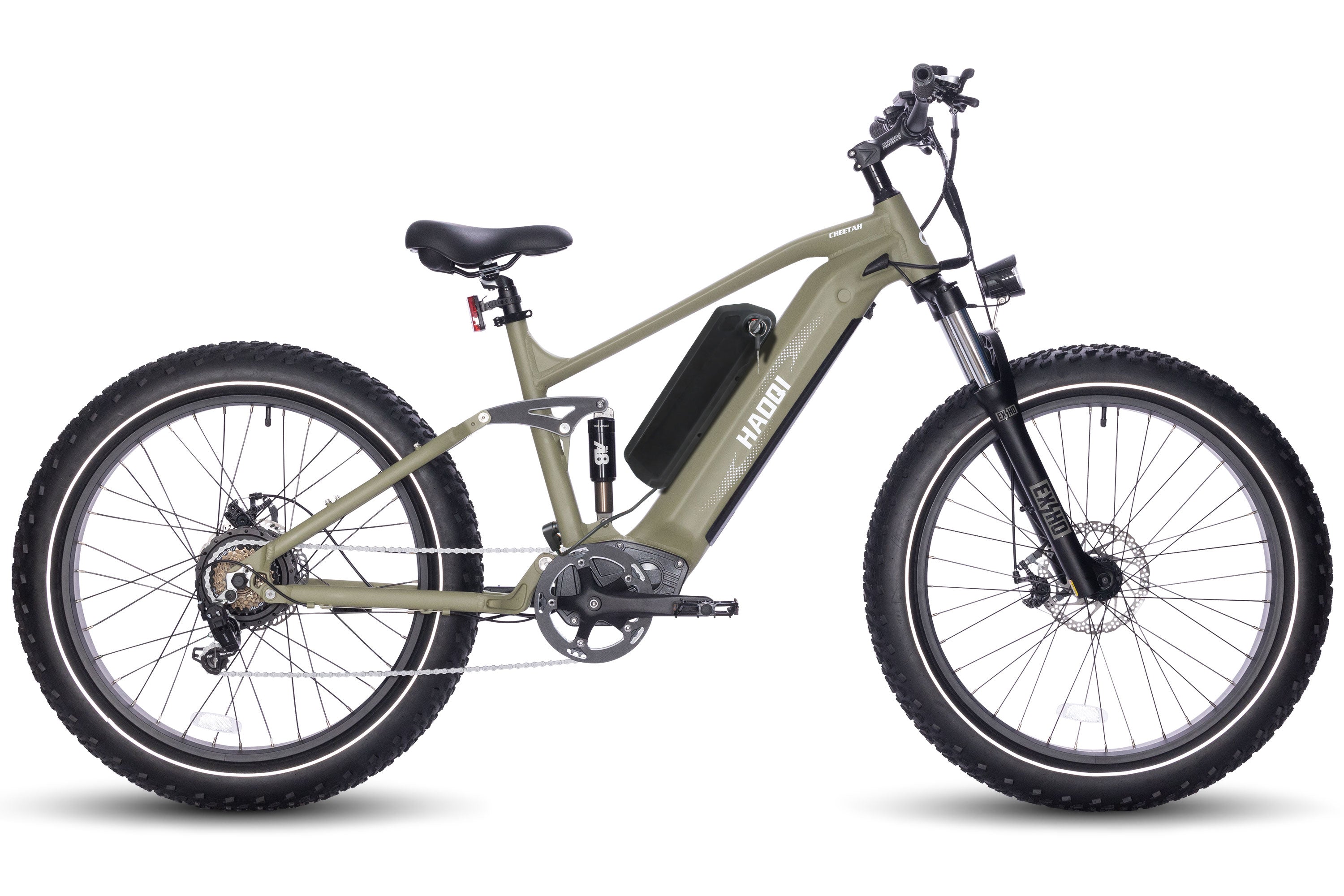
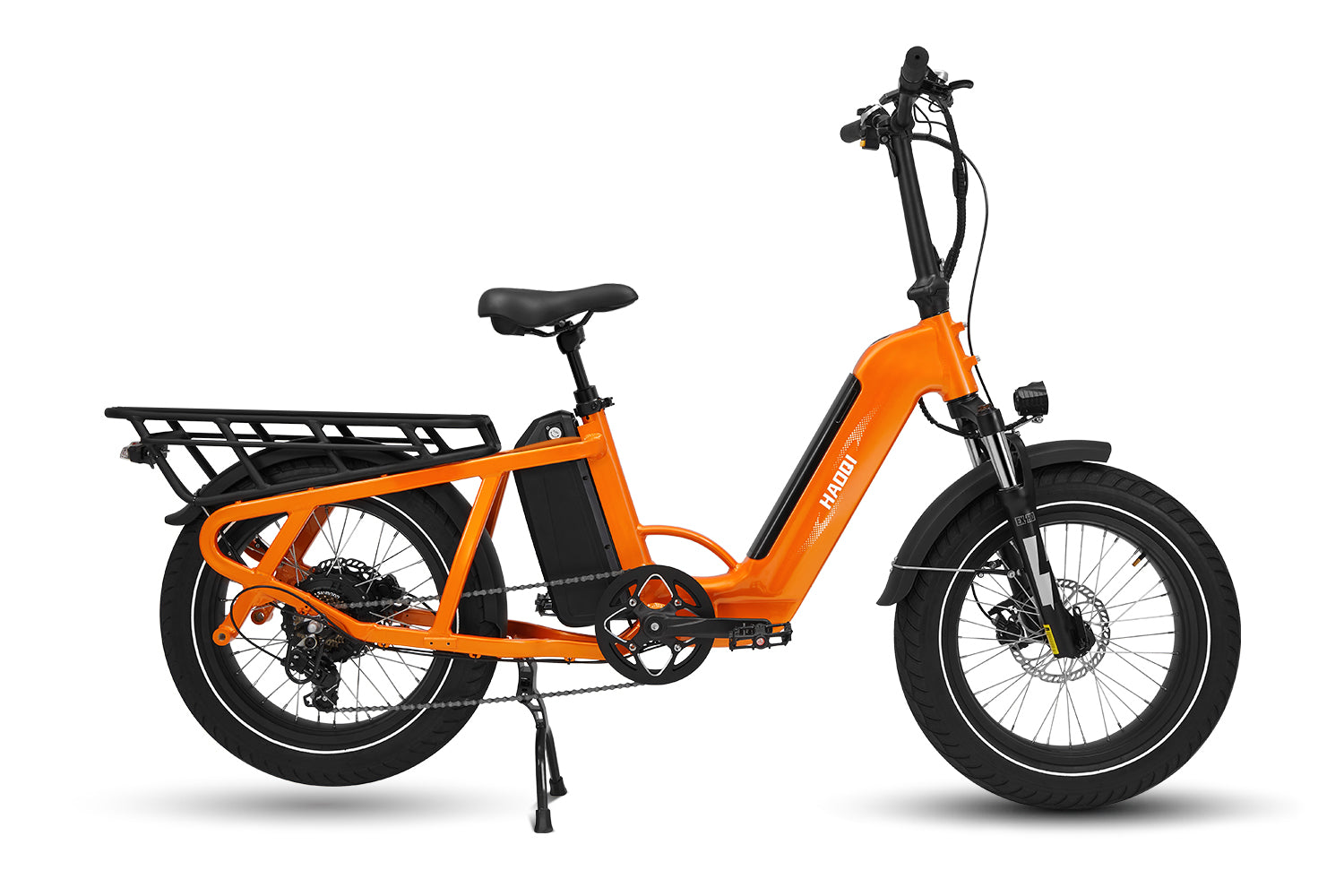
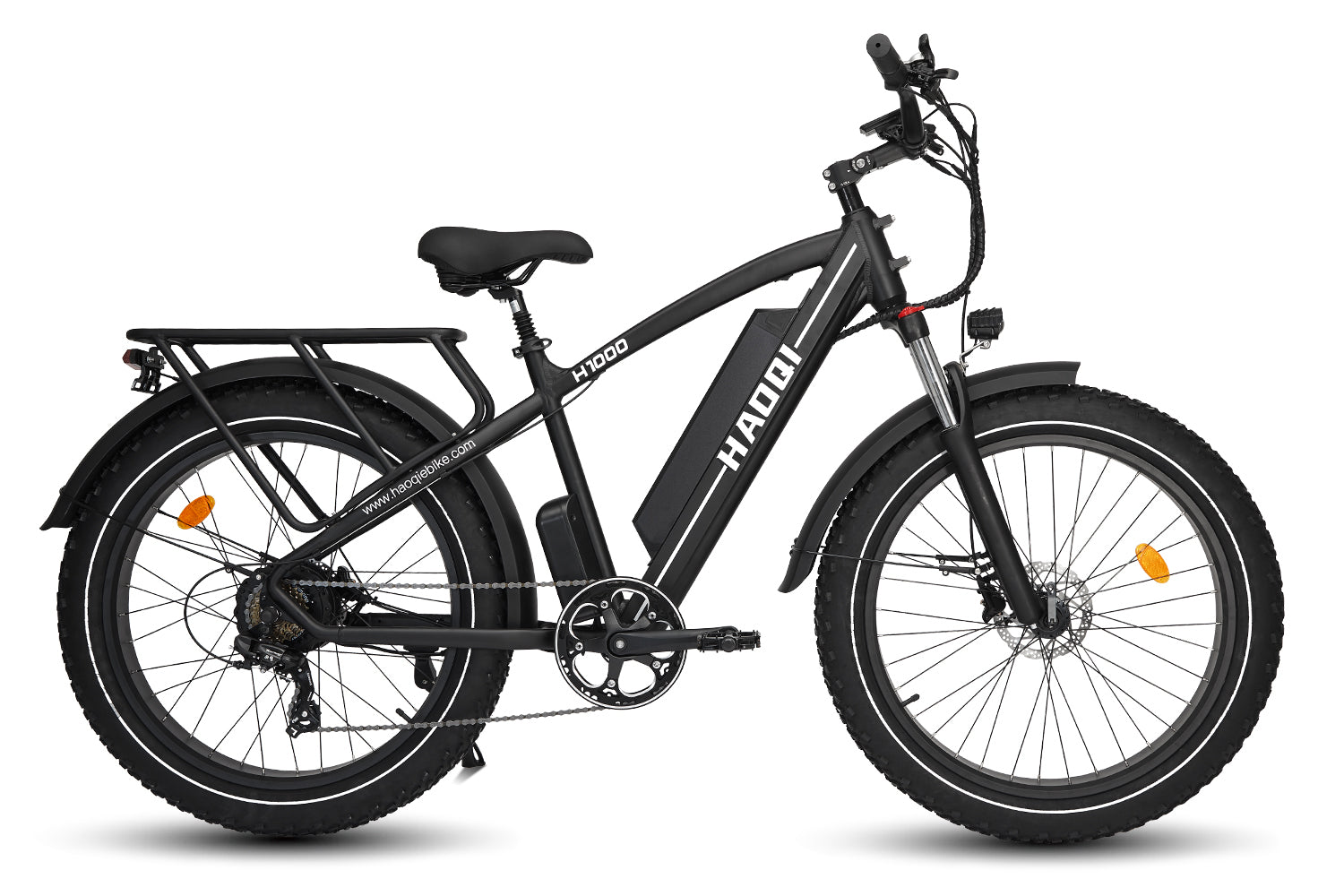
![HAOQI Antelope 500W Cargo Electric Bike (UL Certified) [electric bike] [HAOQI ebike]](http://haoqiebike.com/cdn/shop/products/haoqi-antelope-cargo-electric-bike-with-dual-battery-haoqiebike-com-1.jpg?v=1753954498&width=1500)
![HAOQI Squirrel Folding Electric Bike (UL Certified) [electric bike] [HAOQI ebike]](http://haoqiebike.com/cdn/shop/files/1_03c67b67-715e-4617-a648-51f108ceb425.jpg?v=1766473332&width=1500)
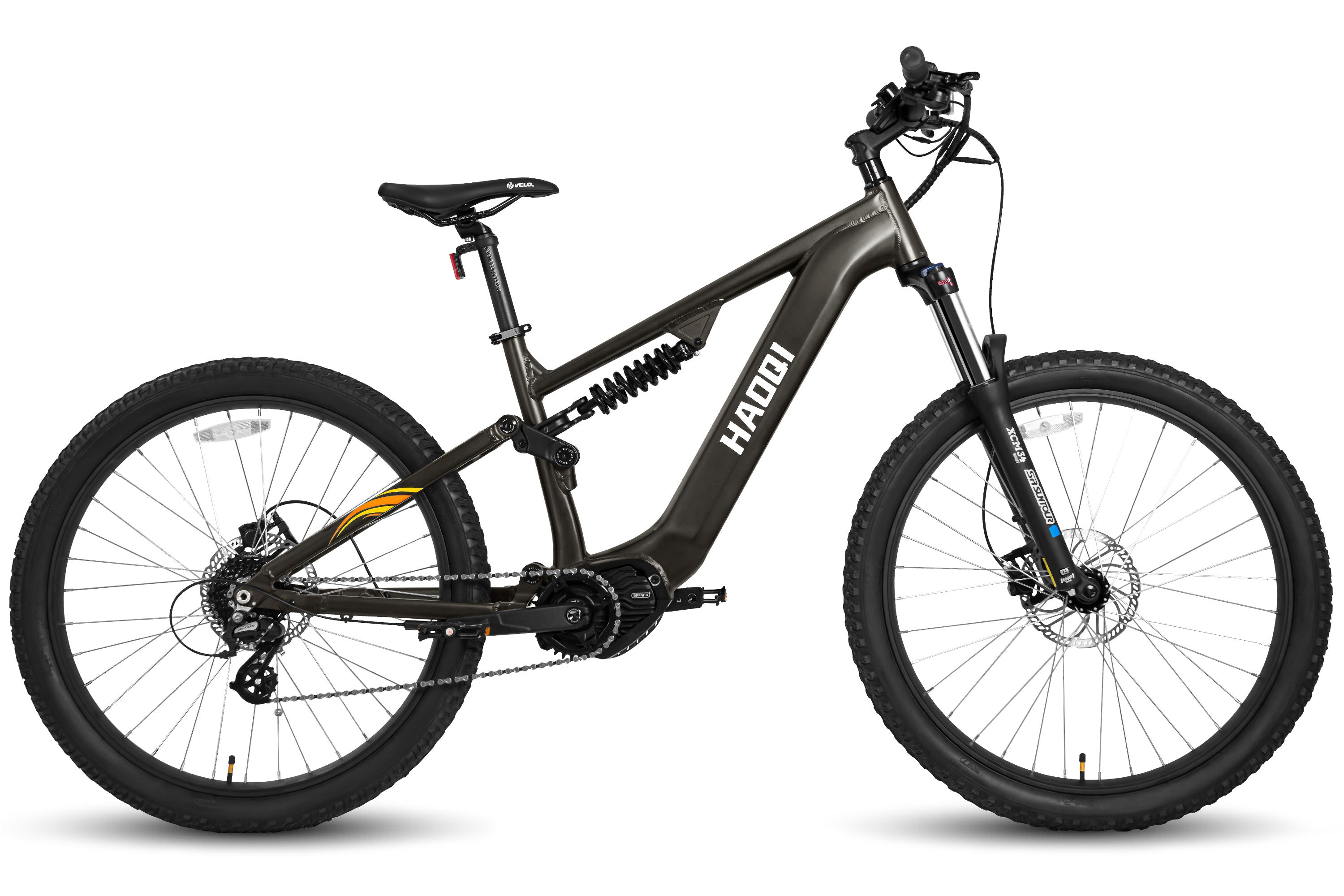
![HAOQI Eagle Long Range Electric Bicycle (UL Certified) [electric bike] [HAOQI ebike]](http://haoqiebike.com/cdn/shop/files/2_bf7ae46b-aad6-472a-9c14-d56ca3f0feb6.jpg?v=1755142722&width=1500)
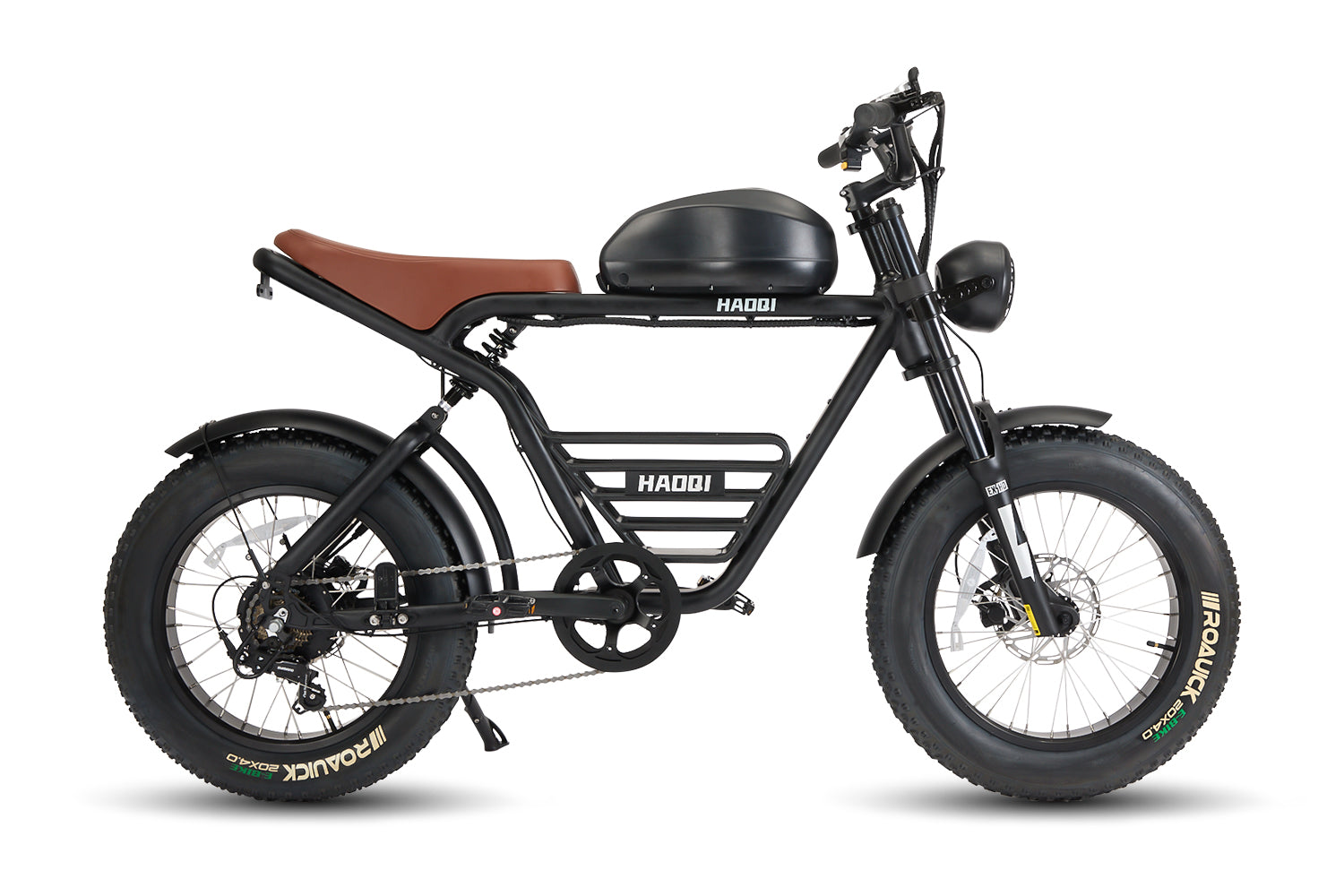
![HAOQI Antelope Pro 750W Cargo Electric Bike (UL Certified) [electric bike] [HAOQI ebike]](http://haoqiebike.com/cdn/shop/products/haoqi-antelope-pro-cargo-electric-bike-with-dual-battery-750w-haoqiebike-com-1.jpg?v=1768462381&width=1500)


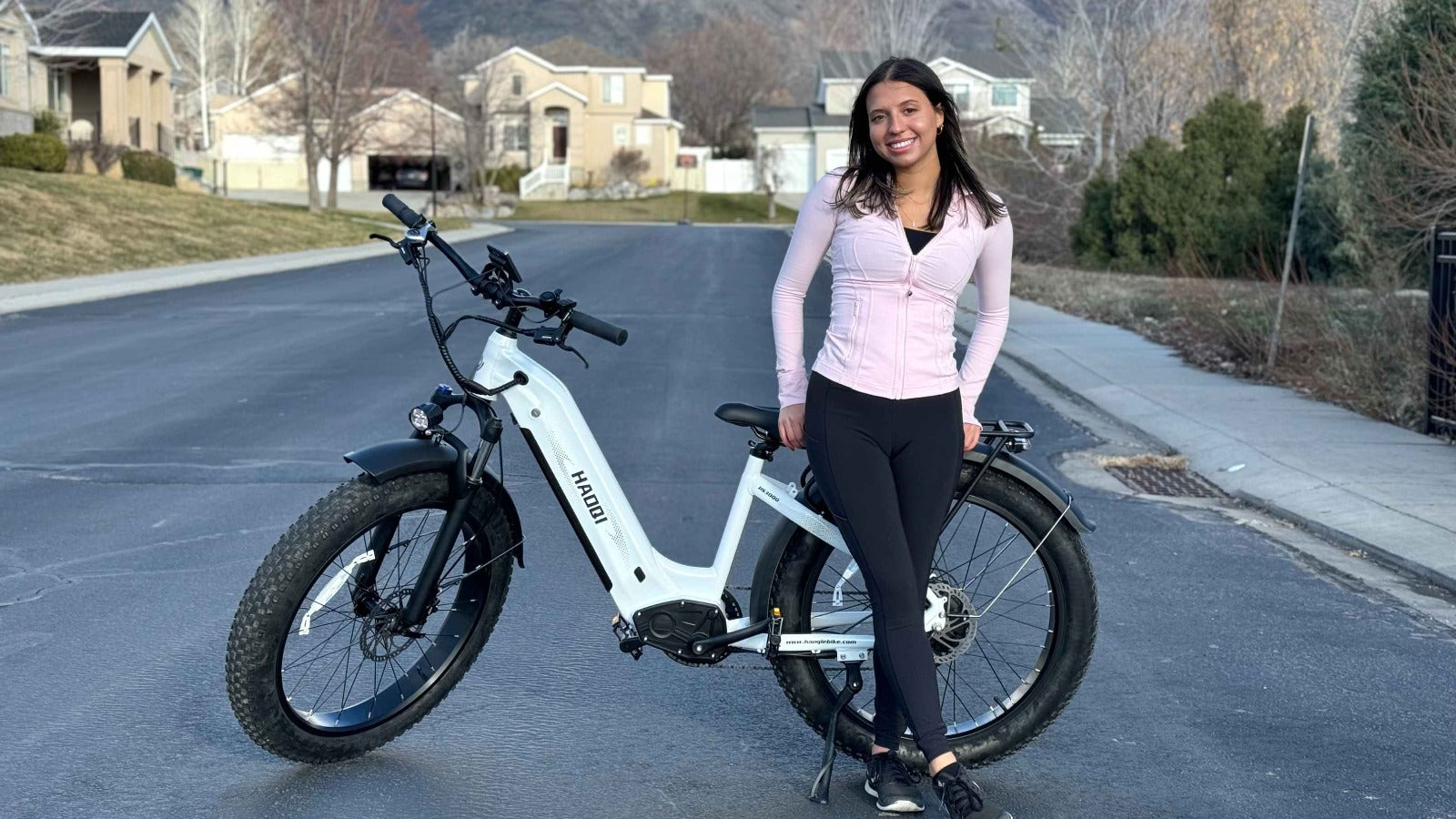





Leave a comment
All comments are moderated before being published.
This site is protected by hCaptcha and the hCaptcha Privacy Policy and Terms of Service apply.